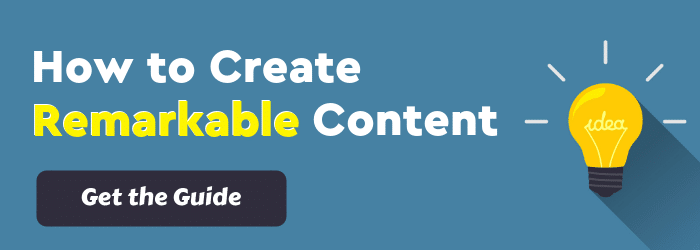
During a successful career that extends beyond three decades, I’ve owned and operated media companies, advertising agencies and marketing consulting firms. During this time, I’ve seen that the best sales and account managers I have worked with treat initial interactions with prospective clients as fact-finding missions rather than sales pitch opportunities.
The key to being a good consultant of any kind is to ask the right questions, dig deeper to get to the core issues, and then present how you are uniquely qualified to solve their marketing challenges. In an ideal world, each client should have a customized marketing plan, so priority one is to learn all that you can about each company’s business goals and marketing objectives. While this exercise of discovery can involve dozens and dozens of questions, I’ve narrowed down the list to seven key questions.
- What is your company’s mission? It’s amazing how many companies do not have this right. They may answer what they do or how they do it, but they don’t get to the essence of why they do what they do. A properly framed mission answers the question of why from the perspective of the customer. In other words, what value does the company deliver to their customers? If the company doesn’t know the answer, it’s the consultant’s job to help them uncover it. Only after a clear mission is stated can a sound marketing and communications strategy be formulated.
- Who are your ideal customers? Every business serves a variety of customers, but very few businesses take the time to understand who their ideal customer is. The answer to this question will help direct marketing activities, and should be stated in very specific terms. Where do they live or work, what is their education level, profession, job title, income and gender? Equally important, what are they interested in buying and how often will they buy? And, if a content marketing plan is part of the marketing solution, asking how and where their customers get information will give you a great head start.
- What are the needs of these customers? Think emotional needs as opposed to rational needs. For example, the rational need for a new car is to get from point A to point B, but let’s face it, every car can serve that purpose. The emotional need is how that person wants to feel while driving the car. Some people want to feel like trendsetters and always want the latest and greatest. Some want to feel wealthy, powerful or important, leading them to buy expensive cars with a perception of luxury. Some people want to feel practical and sensible. The bottom line is, for every emotional need, there is a message that resonates most effectively to encourage people to take action.
- Who are your top competitors and why? Understanding competitors and how they are approaching the marketplace is important to know. How are they positioning their company? How aggressively are they marketing? What makes them better than your company? What makes your company better than theirs? Are there noticeable gaps in service that they can fill? Once a competitive analysis is done, it’s important to distinguish between your business and your competitors, which leads us to the next question.
- What are the unique ways your business can satisfy your customer needs? Each and every business has its own unique DNA. As such, asking this question helps you determine and articulate your customer’s unique selling proposition – what their business stands for and in what ways their business uniquely satisfies their customers’ needs. By taking a stand and choosing something that makes their business unique, they’ll become known for that unique quality and differentiate themselves from their competition.
- What is the value of a new customer? This should be stated in terms of lifetime value, or at least annual value. Since many businesses will not understand this concept, it’s necessary to take them through the math. What is the average transaction amount? How often does the average customer make a purchase? What is the margin associated with each transaction? Once this is known, an acceptable cost per customer acquisition level can be determined.
- How will we know if we’re successful? Time and time again, a marketing plan is put in place and the desired end results are not known. I always want to know how we’re going to measure results, so that there is no guesswork as to whether we’ve succeeded. As the old saying goes, if you don’t know where you’re going, how are you going to get there? And if it can’t be measured, it’s not worth doing.
More Questions?
There are countless other questions that should get asked during an initial conversation with a marketing consultant, some of which are extensions of the questions listed above. We’d like to hear your thoughts. What are some of the other questions that you recommend being asked by Marketing Consultants?



